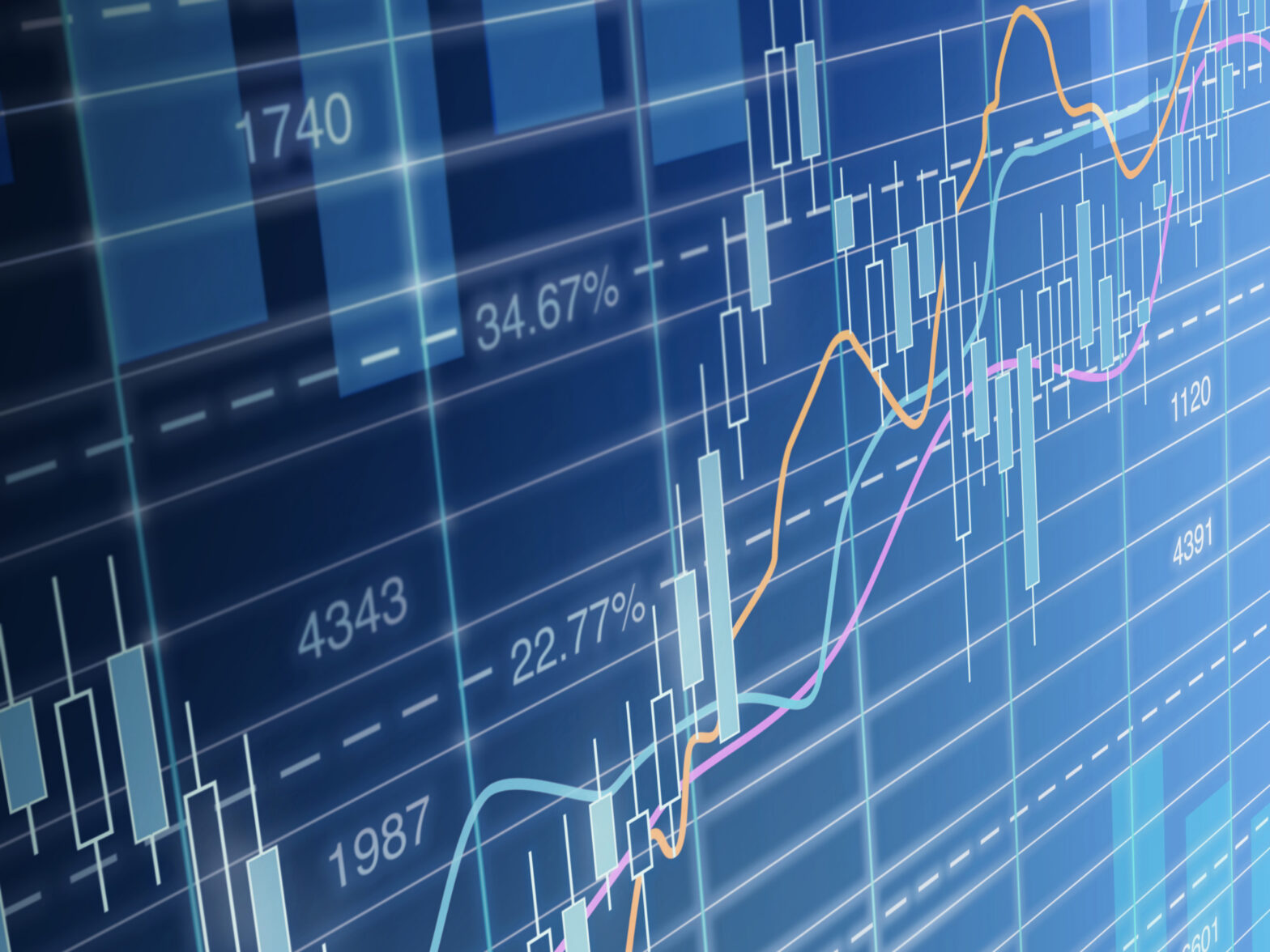The financial marketplace is a vast and diverse entity, and one that continues to evolve and produce new opportunities for aspiring investors.
The size and the liquidity of the forex market alone defies belief, as while its daily trading volumes may have dropped from a peak of $6 trillion back in 2014, an estimated $5.09 trillion still changes hands during each, 24-hour period.
When you consider this alongside the sheer range of stocks, commodities and other derivatives that are now available, the opportunity for traders has never been more significant.
One thing that has not changed, however, is the fundamental challenge that all financial market traders must face.
>See also: How quantum computation will be a goldmine for the financial world
This is the task of forecasting market shifts and navigating these to trade profitability, which some will continue is almost impossible in volatile entities such as the foreign exchange.
Predicting the market’s movements: how can you maintain a competitive edge?
Using the forex market as an example, it is easy to understand this point of view.
After all, this market is subject to a number of factors and conditions that exist outside of its immediate environment, including supply, demand, interest rates and the prevailing level of inflation.
These metrics all impact on the price of specific currencies and have the potential to trigger huge price movements, so in some instances it is extremely difficult to maintain an overview and predict what will happen next.
While the stock and commodity markets are less volatile, they can also be impacted by similar factors, while remaining vulnerable to geopolitical tensions and agricultural problems respectively.
The question that remains is how can traders negate these issues?
>See also: Why capital markets are pulling for blockchain
Well the good news is that modern investors are better placed than their predecessors to achieve their trading goals, thanks primarily to innovation and the emergence of online brokerage platforms.
Outlets such as Blackwell Global have become a central resource for the current generation of traders, combining tutorials and account management services with a wealth of information and a host of purposeful, analytical tools.
The latter are particularly important, as they enable traders to forensically analyse current and historical trends in a bid to pre-empt the markets reaction to the pressing economic challenges of the day.
Beyond this, they also empower traders to adapt their portfolios and execute orders in real-time, which can potentially save them considerable sums of money in volatile and time-sensitive markets.
In fact, this can make the difference between navigating a damaging economic development and falling prey to its financial consequences.
The last word: how technology and determinism help traders to make accurate forecasts
Additionally, a keen sense of determinism can also help traders to cope and even prosper in the face of sudden price movements.
After all, it was this attribute that successful traders relied on prior to the digital age, as they took time to absorb as much theoretical knowledge as possible and understand the underlying laws that govern change in the financial marketplace.
>See also: The Impact of Mobile Technology on the Financial Services Industry
This enables traders to distinguish between seminal economic factors and those that will prove to be irrelevant, which in turn prevents them from making ill-advised or emotional decisions in real-time.
This, along with an online trading platform and account, can truly empower modern-day traders and enable them to forecast the course that the market will take over a predetermined period of time.
Much more than this, it can also help them to react appropriately and in real-time, as they look to optimise their margins and cope in the face of volatile market conditions.







